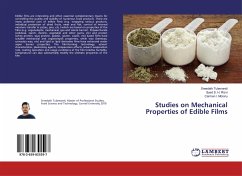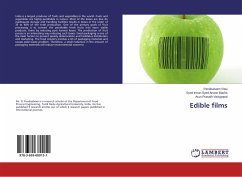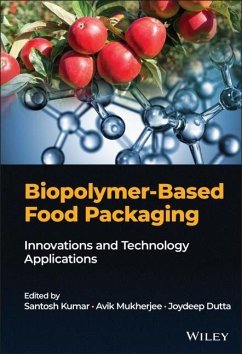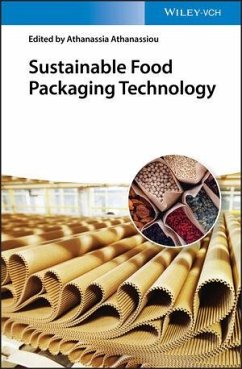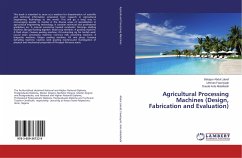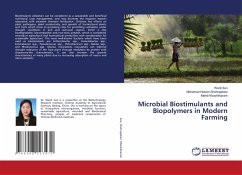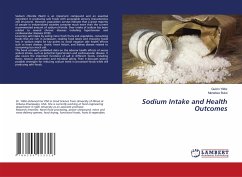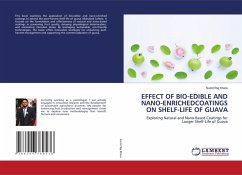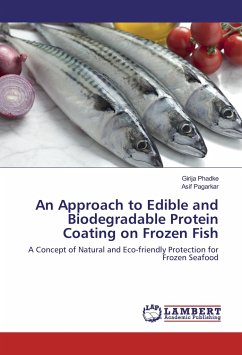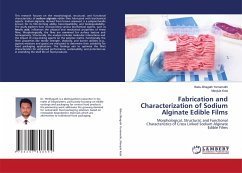
Fabrication and Characterization of Sodium Alginate Edible Films
Morphological, Structural, and Functional Characteristics of Cross Linked Sodium Alginate Edible Films
Versandkostenfrei!
Versandfertig in 6-10 Tagen
53,99 €
inkl. MwSt.

PAYBACK Punkte
27 °P sammeln!
This research focuses on the morphological, structural, and functional characteristics of sodium alginate edible films fabricated with biochemical agents. Sodium alginate, derived from brown seaweed, is a polysaccharide known for its film-forming ability, biocompatibility, and biodegradability. The study explores how incorporating various biochemical agents, such as ferulic acid, influences the physical and mechanical properties of these films. Morphologically, the films are examined for surface texture and homogeneity. Structurally, the analysis includes molecular interactions and the impact ...
This research focuses on the morphological, structural, and functional characteristics of sodium alginate edible films fabricated with biochemical agents. Sodium alginate, derived from brown seaweed, is a polysaccharide known for its film-forming ability, biocompatibility, and biodegradability. The study explores how incorporating various biochemical agents, such as ferulic acid, influences the physical and mechanical properties of these films. Morphologically, the films are examined for surface texture and homogeneity. Structurally, the analysis includes molecular interactions and the impact of cross-linking agents on the polymer matrix. Functionally, the films' properties like tensile strength, elasticity, and barrier abilities (e.g., against moisture and gases) are evaluated to determine their suitability for food packaging applications. The findings aim to optimize the film's characteristics for enhanced performance, sustainability, and potential use in extending the shelf life of food products.





